Bibliografische Information der Deutschen Bibliothek
Die Deutsche Bibliothek verzeichnet diese Publikation in der Deutschen Nationalbibliografie; detaillierte bibliografische Daten sind im Internet ber http://dnb.ddb.de abrufbar
Rangendingen, July 2013
by LIB ERTAS
LIBERTAS Europisches Institut GmbH,
Lindenweg 37, 72414 Rangendingen, Germany
Tel. +49 7471 984996-0, Fax +49 7471 984996-19
eMail:
Internet: www.libertas-institut.com
ISBN 978-3-937642-43-7 (print)
ISBN 978-3-937642-42-0 (epub)
ISBN 978-3-946119-10-4 (mobipocket)
The Author

Gulnaz Baitarova is among the "hidden treasures" of Kyrgyzstan, her country: After a LL. B. degree in International Law at International University of Kyrgyzstan, Bishkek, on the " Development of Foreign Trade Activities of Kyrgyzstan in connection with its membership to the W TO" (2001/with distinction) s he studied for a LL. M. degree in International Law and the Law of International Organisations, University of Groningen, The Netherlands (2003/with distinction), with a thesis on The Concept of Sustainable Development in International Law . She took part in the John Smith Fellowship Programme, London/Edinburgh, with an Academic Programme by the Center for Studies in Security and Diplomacy at University of Birmingham (including practical attachments with universities, the BBC, Human Rights Watch etc.), and in a Second Degree in Psychology at the University of Practical Psychology, Moscow, Russia (2012).
Among her professional experiences are legal clinics, teaching on human rights at American University in Bishkek, an Internship with the International Court of Justice in The Hague/Netherlands, working for UNDP and UNHCR in Kyrgyzstan, and various NGO and public foundation posts, like e.g. judge at a moot court for the American Bar Association, or for the GTZ ("Support to Judiciary Reform") , or for humanitarian aid coordination after an earthquake in Osh . Since 2002 she holds a licence of the Ministry of Justice on the right to conduct Advocate activity, and since February 2011 she is Event Coordinator at Creative Team Events Agency in Bishkek.
This paper has been submitted to the OSCE Academy in Bishkek / Kyrgyzstan at the end of March 2006. This is some years ago now, but i t remains unchanged what concerns the basic principles of the Rule of Law, where the author spreads a very optimistic impression about the future of her country. This can be confirmed objectively , some years after March 2006, the third president later , after another revolution and in view of other Central Asian countries . Kyrgyzstan is the only country in Central Asia which tries to have a pluralistic parliament from which emerges already a certain discussion culture , and it disposes of a relatively free press compared to most other countries of the region . However, there is still a long way to go . As the knowledge about the country in Europe and North America is very restricted, this text may serve to counter this.
It remains also unchanged what the author writes about the legal traditions of her country. Having worked not only in the capital but in the regions too , s he follows an approach of seeing also the rural areas and their legal customs. Thi s paper should be compulsory for every legal expert e.g. of the USA or of the EU who comes to Kyrgyzstan - and it may be used in parallel also to other regions of Central Asia.
Table of Contents
ABSTRACT
A fter gaining independence in 1991, the people of Kyrgyzstan began to recognize the Western idea of rule of law . However, in developing countries such as Kyrgyzstan, where rule of law is not well developed, informal rules stemming from traditional and religious values and institutions continue to be the main alternative to the official legislation.
The question arises whether Kyrgyz traditions predetermine the nature and pace of Kyrgyzstan s current political and legal transformations. This question relates to a larger question of whether it is ever possible to build rule of law in traditional societies such as Kyrgyzstan , and what role local traditions play in the efforts to strengthen rule of law .
The research results primarily have demonstrated that rule of law (which can be called the roof of a strong democratic state) has only been partially built in Kyrgyzstan because its columns ( rule of law fundamentals ) and cement ( legal mechanisms ) are still very weak and fragmented. Most importantly the columns and legal mechanisms are still only loosely connected to societys foundation of traditions. Even though people recognize and support the introduction of the Western rule of law model, the lack of mechanisms to synchronize them with Kyrgyz culture and traditions has impeded the effective implementation of this model.
Secondly, the study has revealed the undeniable impact of local traditions on the nature of contemporary political developments, including attempts to build a system of checks and balances and to conduct fair elections. However, it is not to be said that traditions predetermine feasibility to build rule of law in a certain society. On the contrary, local traditions often fall victim as an easy excuse for justifying the failures in building a strong democracy.
Moreover, it has been found that both traditions and official laws are often intentionally misused by politicians in order to advance certain political or corrupt interests, and this ha s been the biggest impediment to strengthening rule of law in Kyrgyzstan. The practice of misusing traditional and official institutions is often veiled by linking such practices to the traditional origin of the nation.
The research demonstrates that traditional institutions and values should not be blamed for undermining rule of law . Instead we should strengthen the newly introduced rule of law institutions that are considered to be a better alte rnative. When the basic rule of law idea ls are understood and accepted by the lowest strata of society , and are found to be consistent with the Kyrgyz stani people ' s own ideas of justice, then the possibility for successfully implementing government reforms is greatest. However, such acceptance has to come from the people and can hardly be imposed. Kyrgyz stani people should first accept the idea of rule of law and develop corresponding values.
INTRODUCTION
Kyrgyzstan is one of the newly independent former Soviet Union republics situated in Central Asia . Since obtaining independence , the Kyrgyz Republic directed itself on the way of building a strong democratic state governed by law. The legal system of the Kyrgyz Republic has undergone radical transformations since early 1990s . T he S tate has begun adopting new principles such as ideological and political pluralism, social oriented market economy, the extension of individuals rights and freedoms and securing their guarantees. At first Kyrgyzstan had a reputation of being an island of democracy, a progressive state well on its way towards rule of law . Although not possessing important mineral resources this landlocked country stood out against a background of its neighbours, primarily for its openness to democratic and market economy reforms and progressive legislation. It was among the first CIS countries that introduced its own currency, as well as private land ownership , and it was the first former Soviet Union country accepted as a member of the WTO.

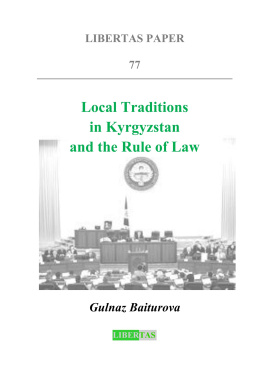

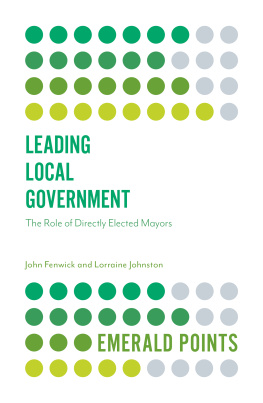

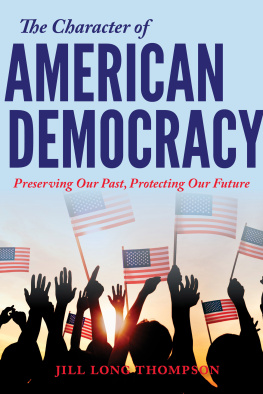
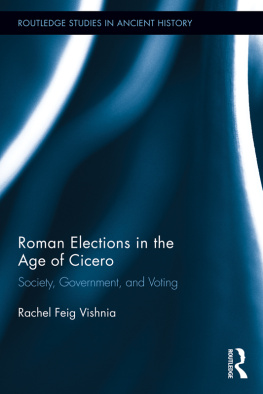
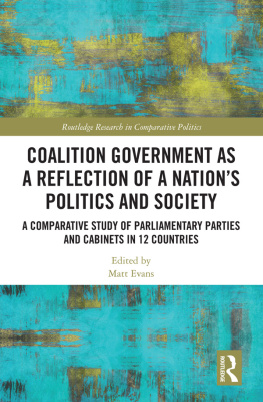
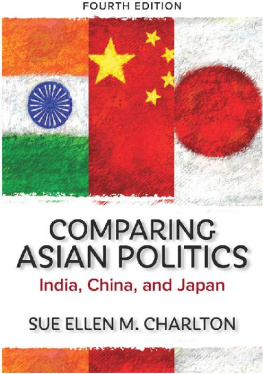

 Gulnaz Baitarova is among the "hidden treasures" of Kyrgyzstan, her country: After a LL. B. degree in International Law at International University of Kyrgyzstan, Bishkek, on the " Development of Foreign Trade Activities of Kyrgyzstan in connection with its membership to the W TO" (2001/with distinction) s he studied for a LL. M. degree in International Law and the Law of International Organisations, University of Groningen, The Netherlands (2003/with distinction), with a thesis on The Concept of Sustainable Development in International Law . She took part in the John Smith Fellowship Programme, London/Edinburgh, with an Academic Programme by the Center for Studies in Security and Diplomacy at University of Birmingham (including practical attachments with universities, the BBC, Human Rights Watch etc.), and in a Second Degree in Psychology at the University of Practical Psychology, Moscow, Russia (2012).
Gulnaz Baitarova is among the "hidden treasures" of Kyrgyzstan, her country: After a LL. B. degree in International Law at International University of Kyrgyzstan, Bishkek, on the " Development of Foreign Trade Activities of Kyrgyzstan in connection with its membership to the W TO" (2001/with distinction) s he studied for a LL. M. degree in International Law and the Law of International Organisations, University of Groningen, The Netherlands (2003/with distinction), with a thesis on The Concept of Sustainable Development in International Law . She took part in the John Smith Fellowship Programme, London/Edinburgh, with an Academic Programme by the Center for Studies in Security and Diplomacy at University of Birmingham (including practical attachments with universities, the BBC, Human Rights Watch etc.), and in a Second Degree in Psychology at the University of Practical Psychology, Moscow, Russia (2012).